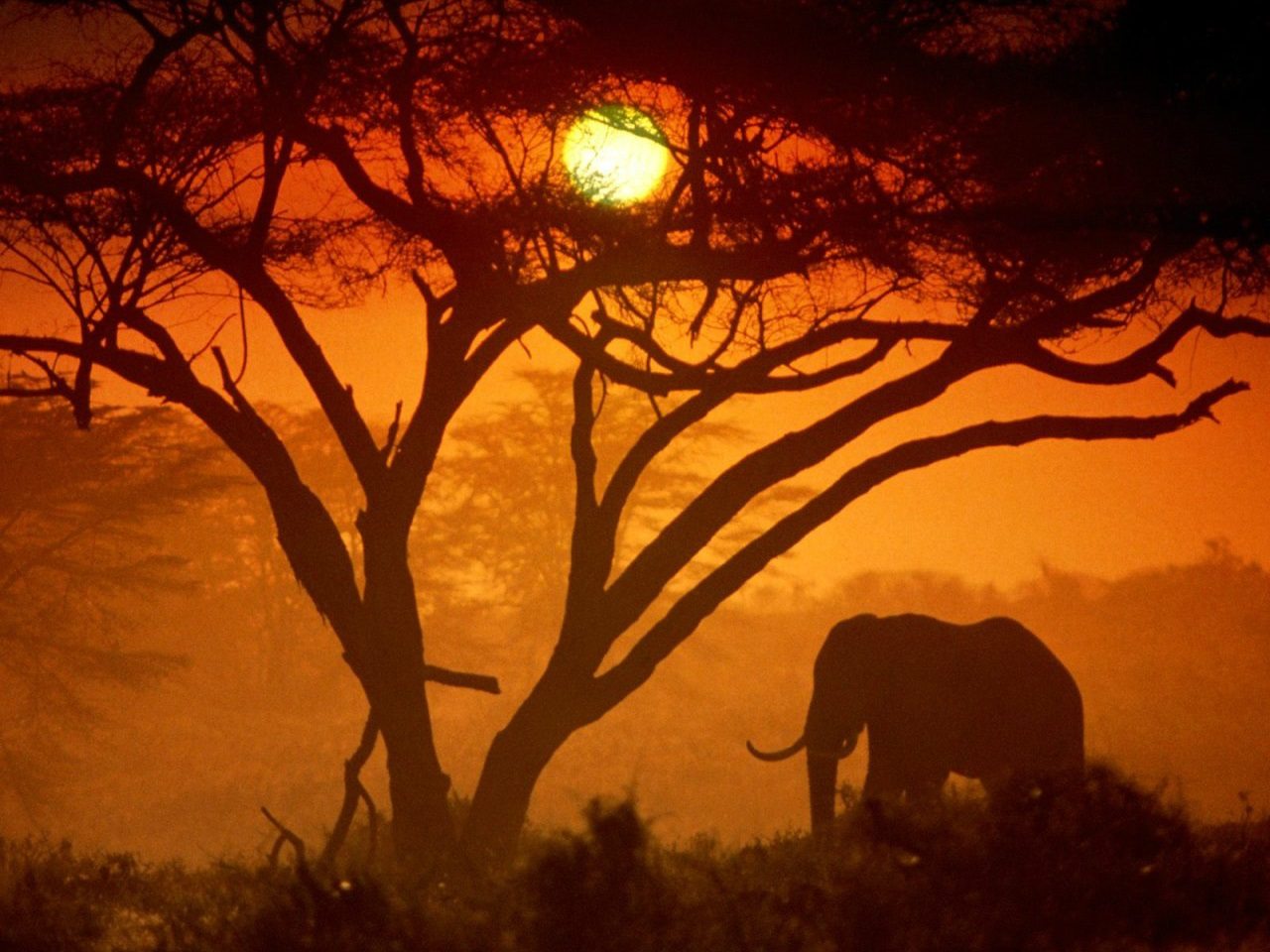A remarkably early, record shows breaking heat wave hit the southern part of West Africa and other parts in mid-February even today. Extremely Climate change made this heat 10 times than usual. International team of scientists shows the new analysis.
This pushed the heat index about four degrees Celsius higher than it would have been without the extra greenhouse gases in the atmosphere from burning fossil fuels and other human activities like industrial activities and farming and give change local life.
Officials established of the unusual temperatures coming, and national weather agencies in Ghana and Nigeria issued warnings to the public in 2024.
The sport league Africa Cup of Nations soccer tournament take break in Ivory Coast during the heat wave, and players had to take extra breaks during games to hydrate.
There was particularly arresting about this heat wave was the onset of high temperatures so early in the year, when people had less time to adjust to rising temperatures.
“many people wouldn’t have been acclimatized to the heat,” said Wasiu Adeniyi Ibrahim, head of the Nigerian Meteorological Agency’s central forecast office and an author of the study.
There are not only in Nigeria have the high climate to heat the people in even in east to south Africa climate change also weather.
Most people for helping each other they try to rebuild the greenhouse for this let we jump in Tanzania where church increase budget to fight climate change to bad.
Churches in Suffolk are raising money to help farmers in Tanzania combat the effects of climate change and start impremantation of the most activities.
The Bishops’ Lent Apppeal at the Diocese of St Edmundsbury and Ipswich is paying for training and equipment in Kagera and most of the time.
The Church and Community Mobilisation Process (CCMP) in Tanzania also provides seeds for drought resistant crop varieties. The Church of England in Suffolk has had a partnership with the diocese in Kagera since 1994, with regular exchange visits eachothers.
Last year’s appeal raised £25,000, and the diocese said it reached more than 50 villages, teaching new farming methods, supplying seeds and saplings, and training people to build rainwater tanks.
It also paid for training for a local doctor in ophthalmology, provided bursaries for students in theology and bought motorbikes to help priests get around their parishes.
Last month, the Reverend Dr Mike Harrison, Suffragan Bishop of Dunwich, visited Kagera along with eight vicars and curates from Suffolk.
Speaking at the end of the two-week trip, he said: “The priests that have come out here go back, and having been inspired here, inspire the congregations.
“We see climate change with our own eyes,” said CCMP leader Thomas Shavu.
“There is a lot of evidence; streams are disappearing; potato, cassava and bananas, they are getting blight and even there are in change in Africa.
“Farmers are struggling to know when to plant their crops.” In the period of weather changing.
Researchers in team have limited data about how this heat affected people more broadly across West Africa, and whether it led to many hospitalizations and deaths.
But there’s reason to believe there may have been widespread harm, a risk consultant at the Red Cross Red Crescent Climate Centre and one of the authors of the analysis.
Climate give africa to suffer than before
Many residents of the region don’t have adequate access to water, energy and sanitation. That means that during heat waves, “people are left with very limited options for individual coping strategies, such as using air-conditioning and drinking or taking more showers,” Ms. Vahlberg said.
About half of the region’s urban population lives in informal housing, including homes built with sheet metal, which traps heat.
Older people, those with existing illnesses and outdoor workers are especially vulnerable to extreme heat.
